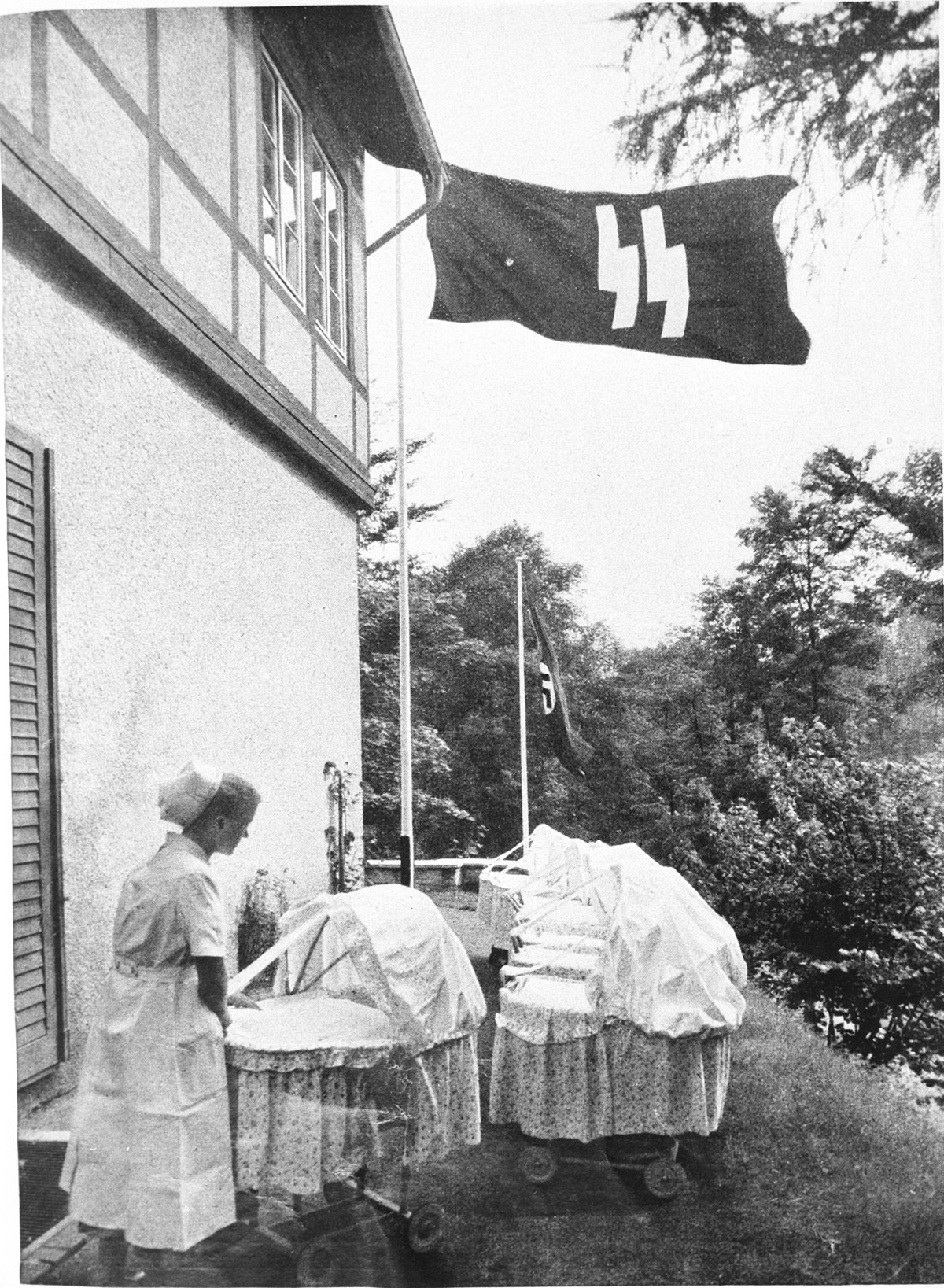Adolf Hitler’s regime brought unprecedented suffering and long-term detriment to Germany and its citizens. Hitler’s rule inflicted
multi-layered consequences on the German people, making deep scars on the nation's soul.
First. The Holocaust is one of the darkest chapters in human history. Beyond the staggering loss of six million Jews, the systematic extermination orchestrated by the Nazi regime also targeted Roma, disabled individuals, and political dissidents. This genocide eradicated vast swathes of potential human contribution to Germany’s cultural, scientific, and economic landscape. The moral and psychological impact on the German populace was immense, as citizens grappled with collective guilt and trauma. The Holocaust left a permanent scar on Germany’s moral fabric, influencing generations with a pervasive sense of responsibility and a commitment to "never again."
Second. The loss of life extended beyond the Holocaust. Hitler’s aggressive military campaigns led to the deaths of millions of German soldiers and civilians, creating a demographic imbalance that rippled through society. Families mourned the loss of breadwinners, while the diminished workforce hampered post-war recovery. The widespread grief and economic strain on families delayed national reconstruction, leaving many in poverty and struggle.
Third. World War II left Germany in ruins. Cities like Berlin, Hamburg, and Dresden were reduced to rubble, and the destruction of homes and infrastructure created a severe housing crisis. Millions were left homeless, living in temporary shelters and facing dire conditions that affected their health and quality of life. The obliteration of cultural landmarks and historical sites severed connections to Germany’s rich heritage, causing a profound loss of national identity and pride.
Fourth. Economically, the war drained Germany’s resources, leading to unemployment and severe poverty. The scarcity of food and fuel caused malnutrition and widespread suffering, with long-lasting health impacts. Rebuilding industries and infrastructure required immense effort and investment, during which Germany lagged behind other nations in technological and industrial advancements, further complicating recovery efforts.
Fifth. The end of the war brought about the division of Germany into East and West, a split that created political, social, and economic rifts. This fragmentation led to disparate living standards and opportunities, fueling inequality and tension between the two regions. The psychological impact of this division was profound, with families separated and communities disrupted, exacerbating feelings of imprisonment and helplessness.
Allied occupation meant that Germans had limited control over their governance and future direction, fostering resentment and a sense of humiliation. However, the efforts of the Allies, particularly the Marshall Plan in the West, also laid the foundation for democratic institutions and economic recovery, contributing to long-term stability and growth.
Sixth. Germany's actions under the Nazi regime led to global condemnation and diplomatic isolation. This stigma severely hindered Germany’s ability to engage in international trade and diplomacy, limiting economic growth and opportunities for its citizens. The country’s tarnished reputation made it difficult for Germans to travel, study, or work abroad, while skilled individuals often emigrated, resulting in some loss of talent that impacted national progress.
Seventh. The war crimes trials, while necessary for justice, created a leadership vacuum as many Nazi leaders were prosecuted and imprisoned. This vacuum complicated the establishment of effective governance and delayed national stability, while the cultural trauma of these revelations deeply influenced the national consciousness and attitudes toward authority and justice.
Eighth. Under Hitler’s regime, freedoms were severely suppressed. Intellectuals and artists were persecuted, stifling innovation and cultural expression. This suppression led to intellectual stagnation, hindering progress in various fields and reducing Germany’s cultural and technological dynamism. The climate of fear and conformity discouraged dissent and critical thinking, resulting in a homogenized society that lacked vibrancy and growth.
Propaganda played a crucial role in manipulating public opinion, eroding trust in government and media. This manipulation fostered a legacy of skepticism and cynicism that complicated the establishment of transparent and accountable institutions. The distorted worldview propagated by Nazi propaganda created misconceptions and biases that took years to correct, impeding reconciliation and national dialogue.
Ninth. The extensive reconstruction efforts required after the war meant that modernization in technology, education, and healthcare was delayed. Resources were focused on rebuilding basic infrastructure, leaving less for social programs and scientific research. This allocation slowed overall societal progress, affecting quality of life and Germany’s competitive edge in the global arena.
The legacy of Nazi ideology continues to fuel far-right extremism, causing social divisions and conflicts. This extremism disrupts social harmony and undermines efforts to build an inclusive, democratic society. The presence of extremist groups poses a threat to political stability, making effective governance challenging and deterring investment and development.
Hitler's regime inflicted immense suffering on Germany and its people, causing long-term harm across multiple dimensions. From the moral and psychological impacts of the Holocaust to the economic and social devastation wrought by the war, the consequences of Hitler’s rule have left deep and lasting scars. Understanding these layers of suffering is crucial in recognizing the true cost of his legacy and ensuring that such a devastating chapter in history never repeats.
In conclusion, fuck off.









